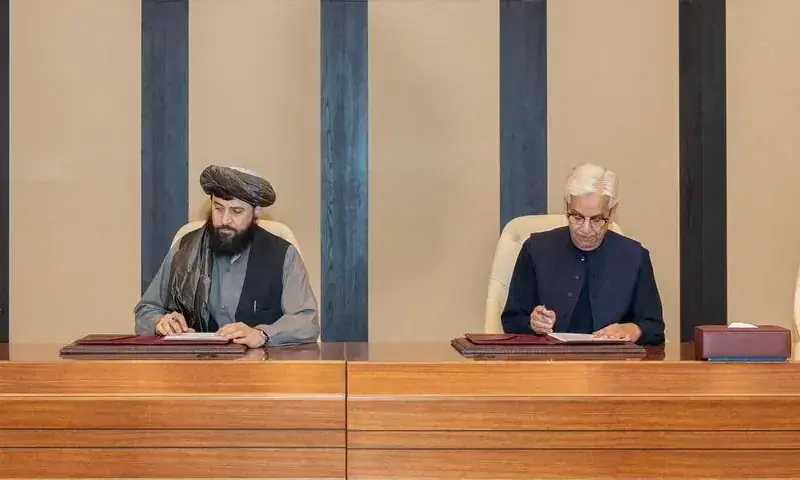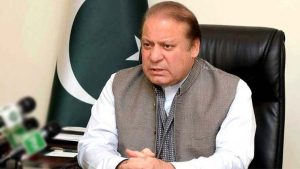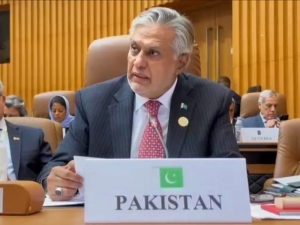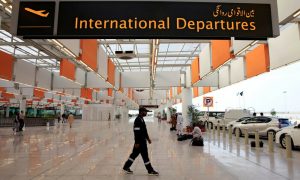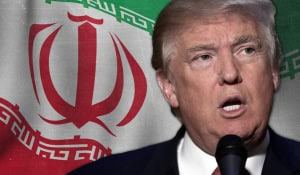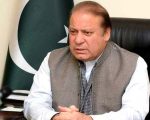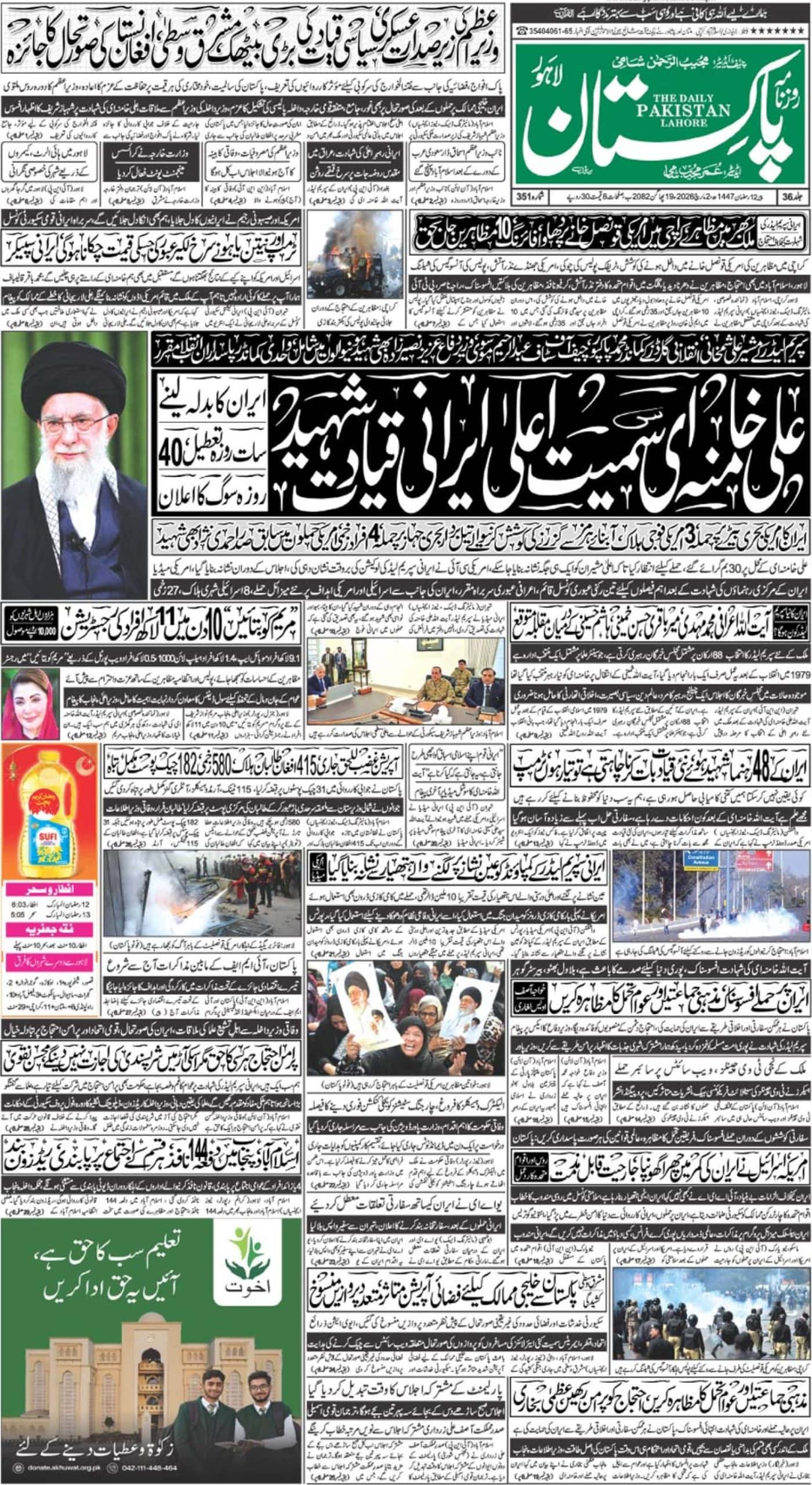KABUL – After weeks of deadly cross-border clashes, Pakistan and Afghanistan returned to the negotiating table, this time in Istanbul, under mediation of Türkiye and Qatar, in a last-ditch effort to avert another military showdown along their volatile frontier.
The formal peace talks between two uneasy neighbors officially started at hotel in Istanbul. The meeting follows an earlier round in Doha, which led to a fragile ceasefire after a week of intense fighting that left scores dead on both sides.
Diplomatic sources revealed that Pakistan’s seven-member delegation comprises top officials from the military, intelligence agencies, and Foreign Ministry, while Afghanistan’s seven-member team is led by Deputy Interior Minister Mawlawi Rahmatullah Najib.
Turkish news agency confirmed that Afghan interim government spokesman Zabihullah Mujahid announced Najib’s leadership of the Afghan team, adding that all “outstanding issues with Pakistan” will be discussed during the Istanbul meeting.
Just days ago, Islamabad and Kabul teetered on brink of war as blood-soaked clashes erupted across the 2,600-kilometer border. The fighting reportedly began after Islamabad accused Kabul of harboring and aiding militants from the banned Tehrik-i-Taliban Pakistan (TTP), who have launched repeated attacks on Pakistani soil.
In retaliation, Pakistan’s Air Force struck multiple TTP hideouts in Kunar, Nangarhar, Paktika, Khost, and Helmand, targeting several Taliban security posts alleged to have facilitated cross-border attacks. Dozens of Taliban fighters were reportedly killed in the strikes. Taliban government pleaded for an immediate ceasefire, which Pakistan granted on October 15 for 48 hours — later extended to cover the ongoing negotiations.
In the Doha round held on October 18–19, both countries had agreed to an immediate ceasefire and follow-up meetings to establish a credible monitoring mechanism for preventing further hostilities. Today’s second round in Istanbul aims to solidify that mechanism and ensure lasting calm along one of the world’s most volatile borders.
Pakistan’s newly appointed Foreign Office spokesperson, Tahir Hussain Andrabi, told reporters that Islamabad hopes this round will produce a “solid and verifiable system” to prevent terrorist threats emanating from Afghan soil.
The long and disputed Durand Line, stretching over 2,600 kilometers, has long been a flashpoint for violence, smuggling, and militant infiltration. The most recent clashes were triggered when Pakistan demanded that the Taliban regime rein in militants using Afghan soil for attacks.
On the night between October 11 and 12, Afghan Taliban forces opened unprovoked fire on Pakistani positions, prompting a fierce counterattack by the Pakistan Air Force that destroyed multiple Afghan posts.
With both nations now under global scrutiny and mediation led by Türkiye and Qatar, all eyes are on Istanbul, where diplomats are racing against time to prevent another descent into border warfare.
If the two sides can secure a durable ceasefire, it could mark the first major breakthrough in years of mistrust and bloodshed between Islamabad and Kabul — but if talks fail, the region could once again ignite in flames.

